#liberation struggles
Text
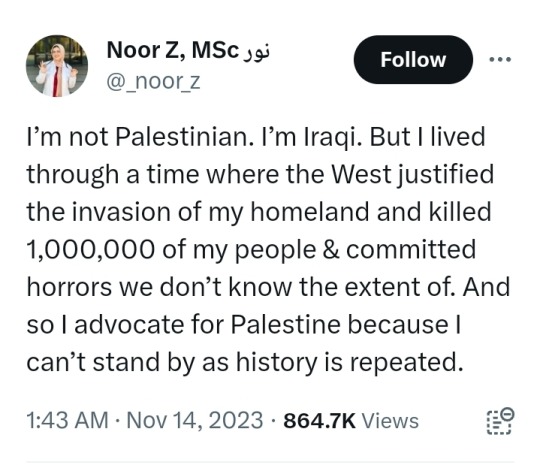
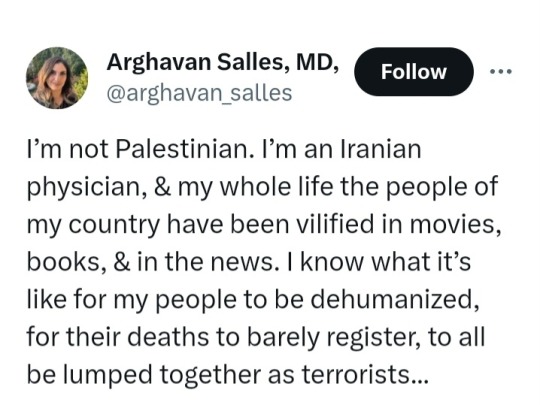
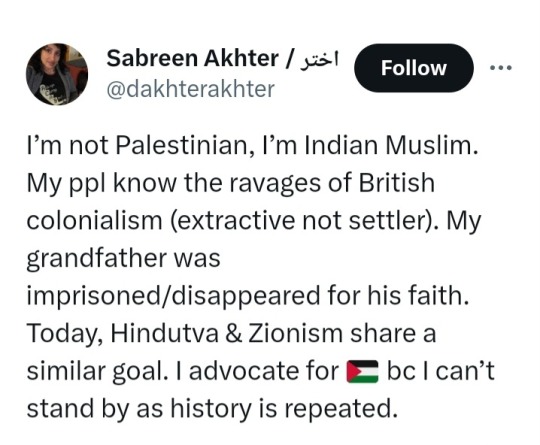

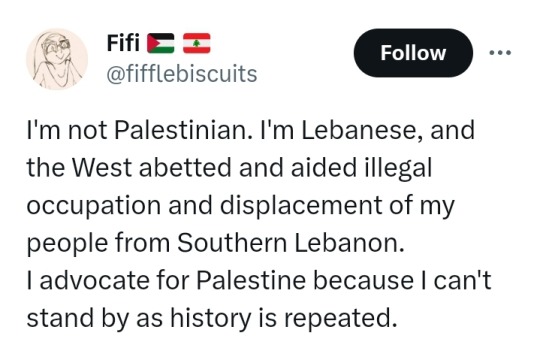
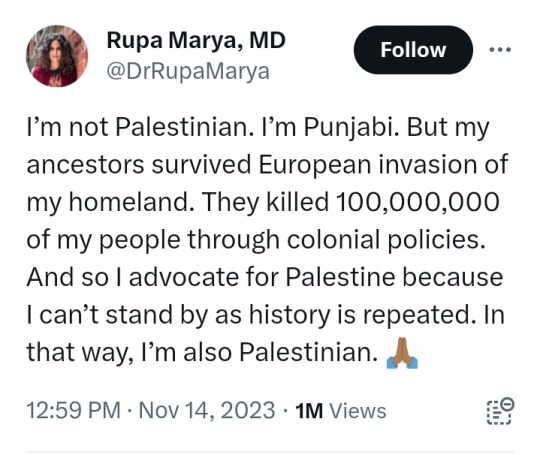
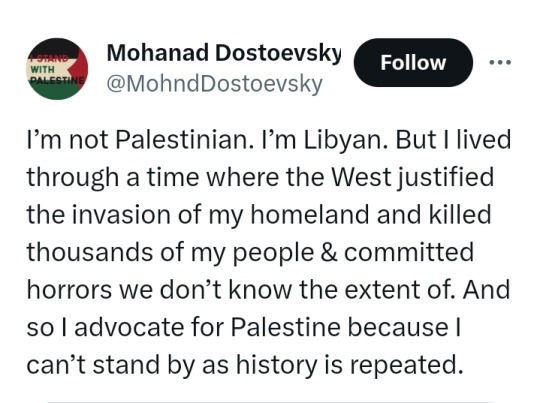
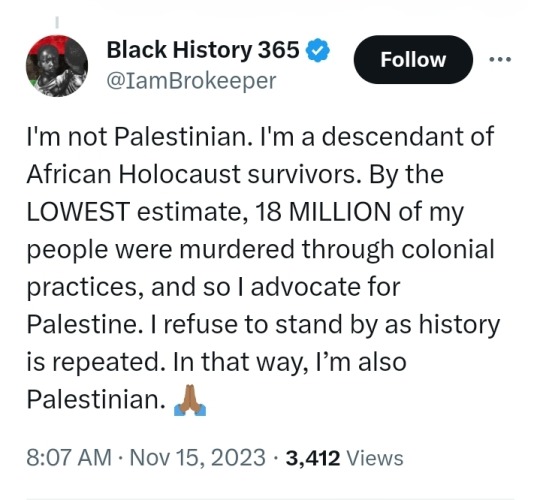

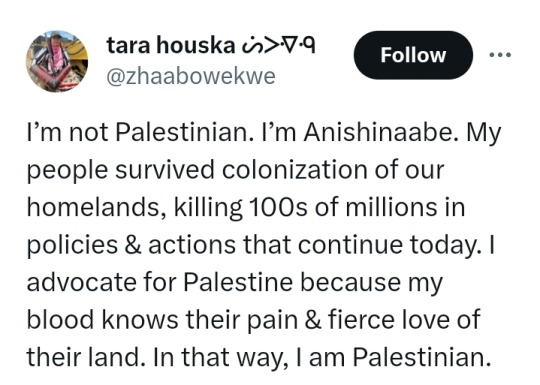
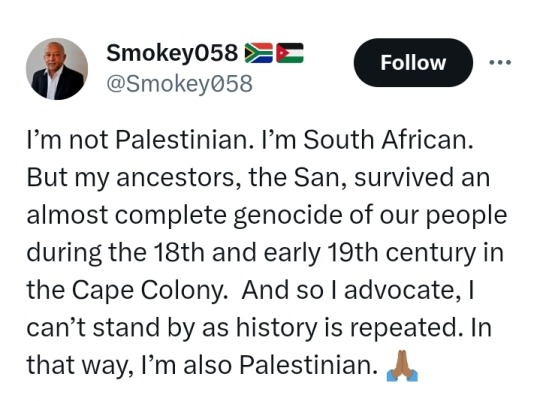
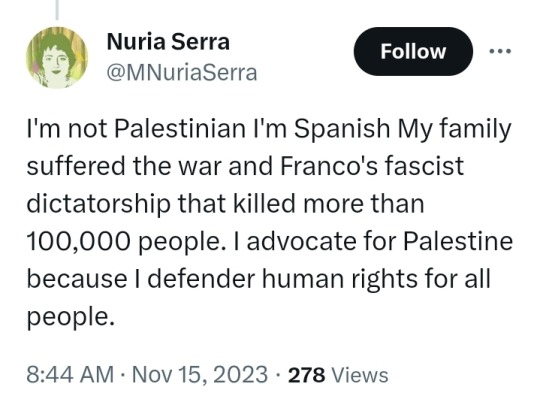
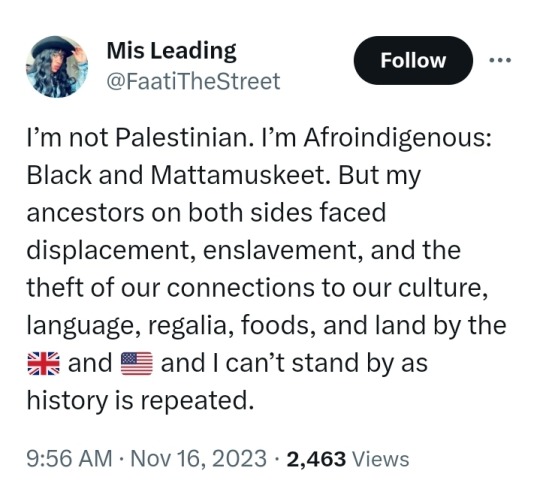
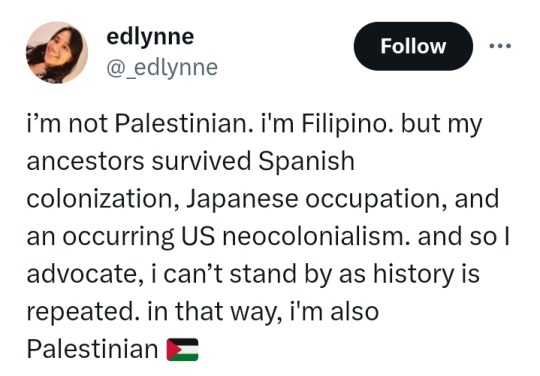
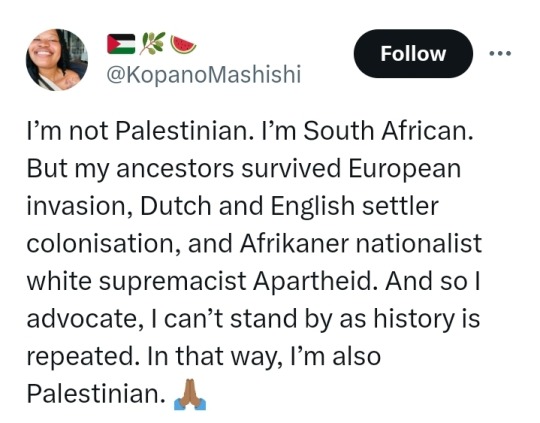
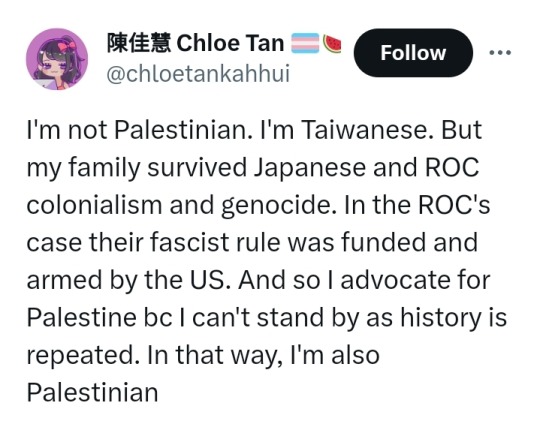
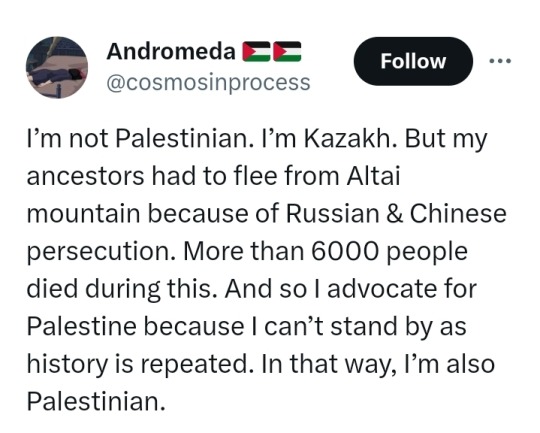
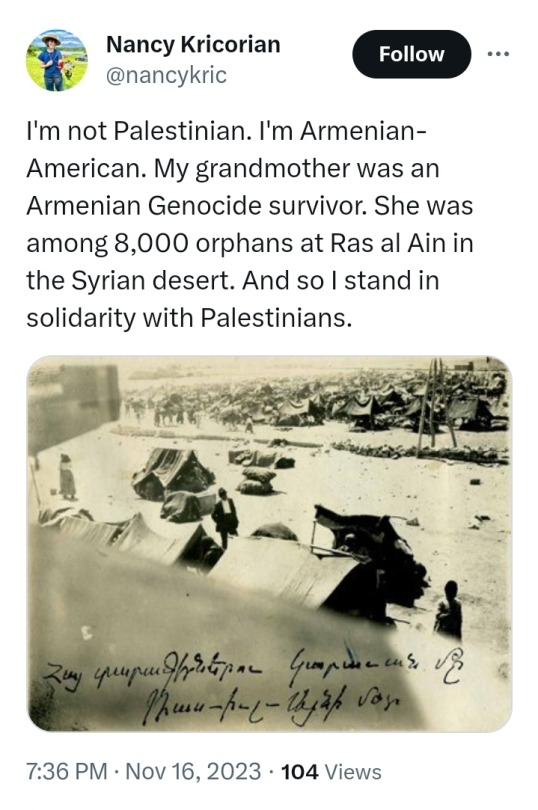
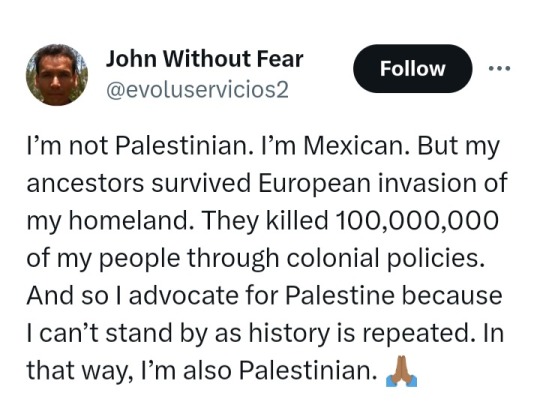
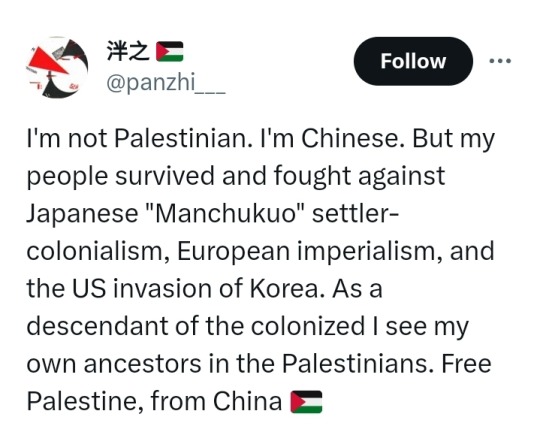
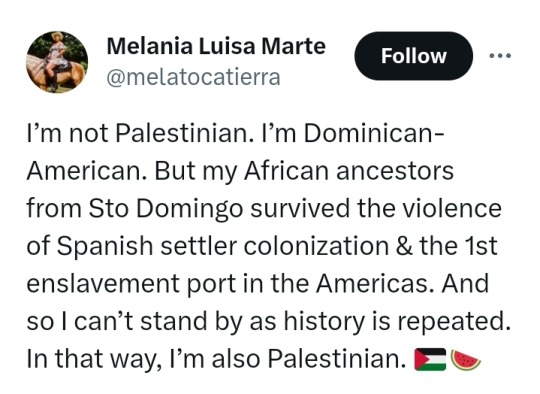
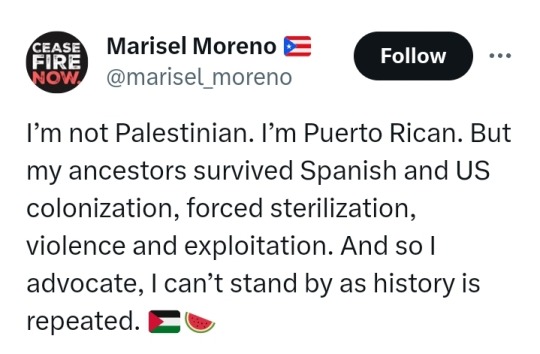
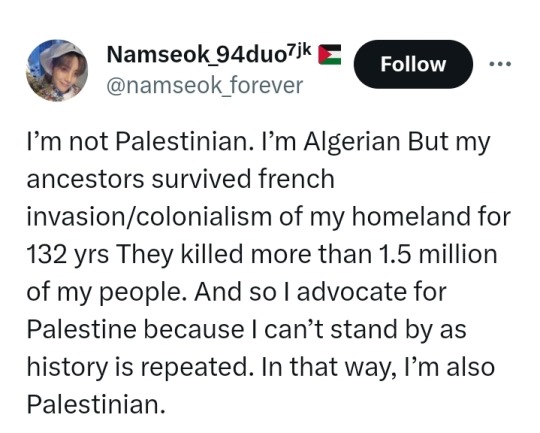

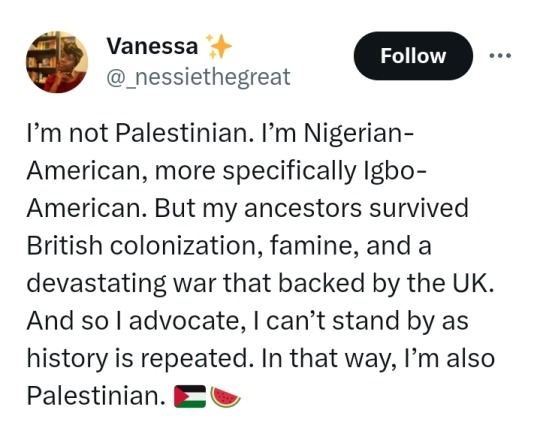
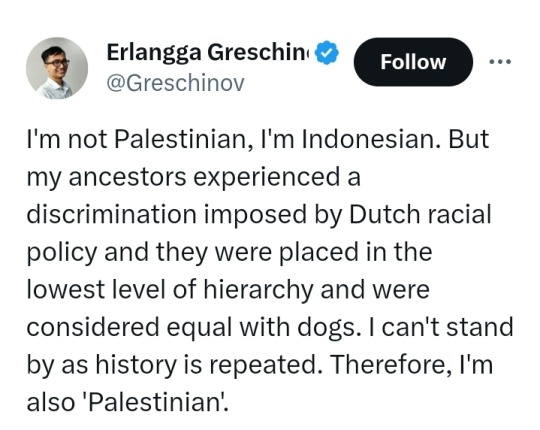
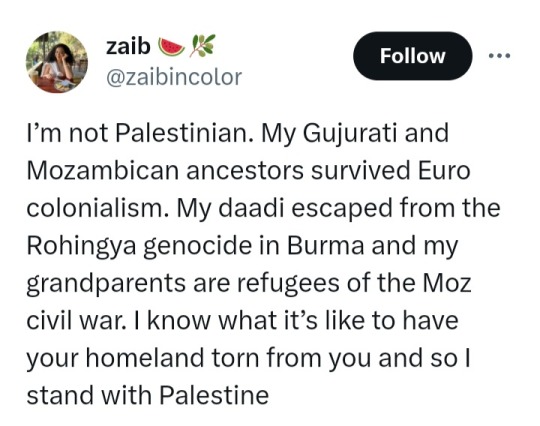
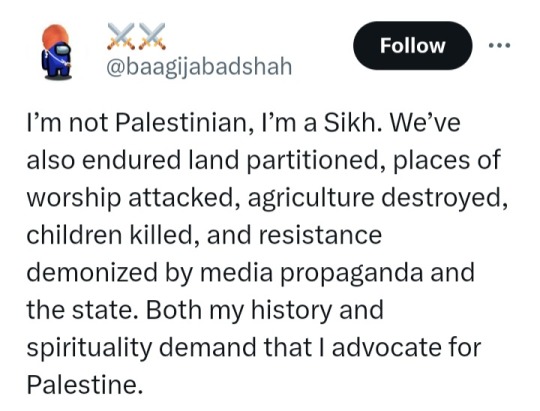
Freedom for Sudan! 🇸🇩
Freedom for The Congo! 🇨🇩
Freedom for Armenia! 🇦🇲
From River To The Sea, Palestine Will Be Free! 🇵🇸🇵🇸🇵🇸
#free palestine#''I am also Palestinian''#from river to the sea palestine will be free#genocide#colonization#imperialism#colonialism#liberation#DRC#congo#Islamphobia#Middle East#Africa#sudan#black power#Armenia#social justice#freedom struggle#holocaust#anti Zionism#racial justice#decolonization#desi tag#Indonesia#Iraq#Iran#Algeria#Latin America#China#Mexico
8K notes
·
View notes
Text
also in regards to that last article about varied ways of thinking about psychosis/altered states that don't just align with medical model or carceral psychiatry---I always love sharing about Bethel House and their practices of peer support for schizophrenia that are founded on something called tojisha kenkyu, but I don't see it mentioned as often as things like HVN and Soteria House.

ID: [A colorful digital drawing of a group of people having a meeting inside a house while it snows outside.]
"What really set the stage for tōjisha-kenkyū were two social movements started by those with disabilities. In the 1950s, a new disability movement was burgeoning in Japan, but it wasn’t until the 1970s that those with physical disabilities, such as cerebral palsy, began to advocate for themselves more actively as tōjisha. For those in this movement, their disability is visible. They know where their discomfort comes from, why they are discriminated against, and in what ways they need society to change. Their movement had a clear sense of purpose: make society accommodate the needs of people with disabilities. Around the same time, during the 1970s, a second movement was started by those with mental health issues, such as addiction (particularly alcohol misuse) and schizophrenia. Their disabilities are not always visible. People in this second movement may not have always known they had a disability and, even after they identify their problems, they may remain uncertain about the nature of their disability. Unlike those with physical and visible disabilities, this second group of tōjisha were not always sure how to advocate for themselves as members of society. They didn’t know what they wanted and needed from society. This knowing required new kinds of self-knowledge.
As the story goes, tōjisha-kenkyū emerged in the Japanese fishing town of Urakawa in southern Hokkaido in the early 2000s. It began in the 1980s when locals who had been diagnosed with psychiatric disorders created a peer-support group in a run-down church, which was renamed ‘Bethel House’. The establishment of Bethel House (or just Bethel) was also aided by the maverick psychiatrist Toshiaki Kawamura and an innovative social worker named Ikuyoshi Mukaiyachi. From the start, Bethel embodied the experimental spirit that followed the ‘antipsychiatry’ movement in Japan, which proposed ideas for how psychiatry might be done differently, without relying only on diagnostic manuals and experts. But finding new methods was incredibly difficult and, in the early days of Bethel, both staff and members often struggled with a recurring problem: how is it possible to get beyond traditional psychiatric treatments when someone is still being tormented by their disabling symptoms? Tōjisha-kenkyū was born directly out of a desperate search for answers.
In the early 2000s, one of Bethel’s members with schizophrenia was struggling to understand who he was and why he acted the way he did. This struggle had become urgent after he had set his own home on fire in a fit of anger. In the aftermath, he was overwhelmed and desperate. At his wits’ end about how to help, Mukaiyachi asked him if perhaps he wanted to kenkyū (to ‘study’ or ‘research’) himself so he could understand his problems and find a better way to cope with his illness. Apparently, the term ‘kenkyū’ had an immediate appeal, and others at Bethel began to adopt it, too – especially those with serious mental health problems who were constantly urged to think about (and apologise) for who they were and how they behaved. Instead of being passive ‘patients’ who felt they needed to keep their heads down and be ashamed for acting differently, they could now become active ‘researchers’ of their own ailments. Tōjisha-kenkyū allowed these people to deny labels such as ‘victim’, ‘patient’ or ‘minority’, and to reclaim their agency.
Tōjisha-kenkyū is based on a simple idea. Humans have long shared their troubles so that others can empathise and offer wisdom about how to solve problems. Yet the experience of mental illness is often accompanied by an absence of collective sharing and problem-solving. Mental health issues are treated like shameful secrets that must be hidden, remain unspoken, and dealt with in private. This creates confused and lonely people, who can only be ‘saved’ by the top-down knowledge of expert psychiatrists. Tōjisha-kenkyū simply encourages people to ‘study’ their own problems, and to investigate patterns and solutions in the writing and testimonies of fellow tōjisha.
Self-reflection is at the heart of this practice. Tōjisha-kenkyū incorporates various forms of reflection developed in clinical methods, such as social skills training and cognitive behavioural therapy, but the reflections of a tōjisha don’t begin and end at the individual. Instead, self-reflection is always shared, becoming a form of knowledge that can be communally reflected upon and improved. At Bethel House, members found it liberating that they could define themselves as ‘producers’ of a new form of knowledge, just like the doctors and scientists who diagnosed and studied them in hospital wards. The experiential knowledge of Bethel members now forms the basis of an open and shared public domain of collective knowledge about mental health, one distributed through books, newspaper articles, documentaries and social media.
Tōjisha-kenkyū quickly caught on, making Bethel House a site of pilgrimage for those seeking alternatives to traditional psychiatry. Eventually, a café was opened, public lectures and events were held, and even merchandise (including T-shirts depicting members’ hallucinations) was sold to help support the project. Bethel won further fame when their ‘Hallucination and Delusion Grand Prix’ was aired on national television in Japan. At these events, people in Urakawa are invited to listen and laugh alongside Bethel members who share stories of their hallucinations and delusions. Afterwards, the audience votes to decide who should win first prize for the most hilarious or moving account. One previous winner told a story about a failed journey into the mountains to ride a UFO and ‘save the world’ (it failed because other Bethel members convinced him he needed a licence to ride a UFO, which he didn’t have). Another winner told a story about living in a public restroom at a train station for four days to respect the orders of an auditory hallucination. Tōjisha-kenkyū received further interest, in and outside Japan, when the American anthropologist Karen Nakamura wrote A Disability of the Soul: An Ethnography of Schizophrenia and Mental Illness in Contemporary Japan (2013), a detailed and moving account of life at Bethel House. "
-Japan's Radical Alternative to Psychiatric Diagnosis by Satsuki Ayaya and Junko Kitanaka
#personal#psych abolition#mad liberation#psychosis#altered states#antipsych#antipsychiatry#mad pride#peer support#schizophrenia#i have a pdf of the book somewhere if anyone wants#the book and the documentary also discuss some of the pratical struggles in creating a community like this which i also found helpful as#someone who is very interested in helping open a peer respite.
2K notes
·
View notes
Text
Little things adults and older people can do to help younger people and children feel included, safe, and respected as an equal individual:
Ask before touching the young person - even for hugs. Ask before you take pictures of them, and let them see photographs of them before they are printed or sent to others (even family).
Apologize when you are wrong
Ask for a young persons thoughts on a subject, then engage with them after they have spoken
Demonstrate behaviour you want to see from them (see: apologizing). Say "excuse me," say "thank you," say "please" to them
Validate their feelings, even if they don't know how to express them just yet
Remember that this is the first time they've been alive, and that you've had way longer to "figure it out"
These are some things I wish other adults remembered when engaging with young folks. We so often forget what childhood felt like and how unfair it all was because we were often awarded freedoms as adults that we never had as children. These kids are equal to adults, and they deserve the same courtesy, respect, kindness, and understanding we give to other adults.
#youth liberation#the first point was something i had SO many struggles with#i would have breakdowns because i was scared my picture would be taken without my consent then shared to others#i took a picture of my younger brother with his permission and i let him decide if i could send it to our dad...#...because it felt so scary when people did that without my consent and i would NEVER want him to ever EVER feel that because of ME...#...and it turned out that we had a really positive engagement and he was happy and excited with the picture! because he was informed!#and i think that made him really happy and brought us closer because he felt safe because he knew he was respected as a human being#that stays in my head a lot. i want him to never ever feel how i did as a child. he is such a cool kid :)
6K notes
·
View notes
Text

"Venceremos!"
Popular Front for the Liberation of Palestine, 2024
Via Communist Posters
#PFLP#FreePalestine#GazaGenocide#Israel#armed struggle#communist#national liberation#socialism#revolution
998 notes
·
View notes
Text
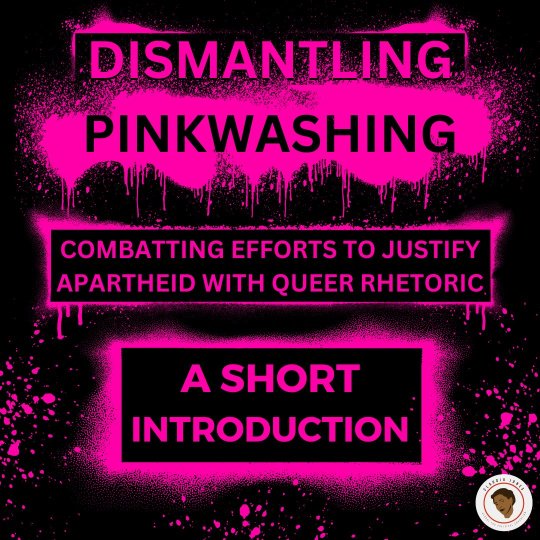
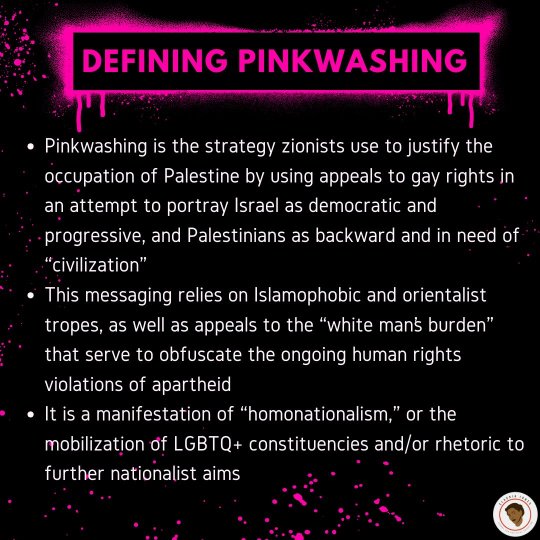

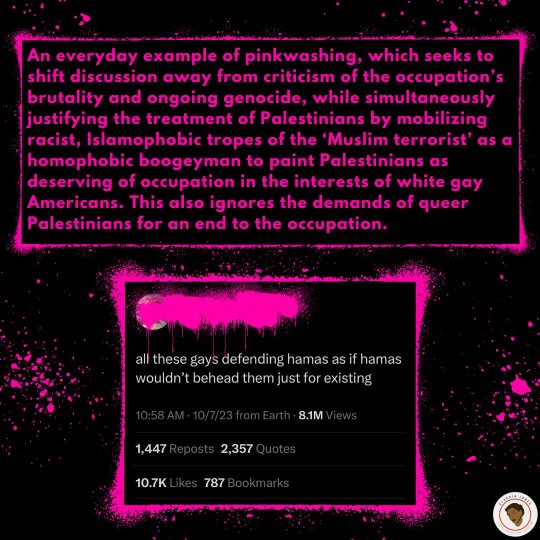

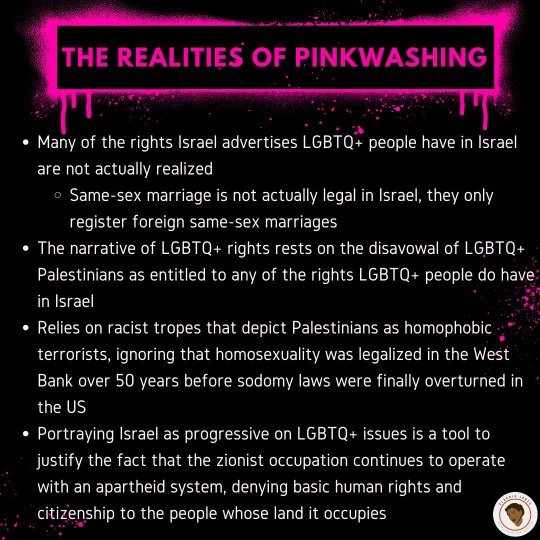

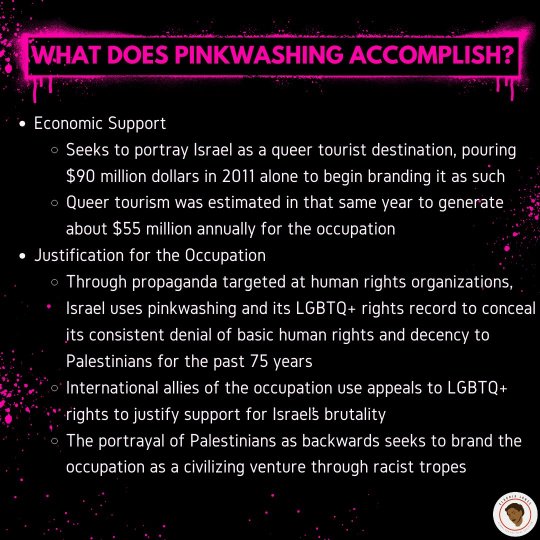
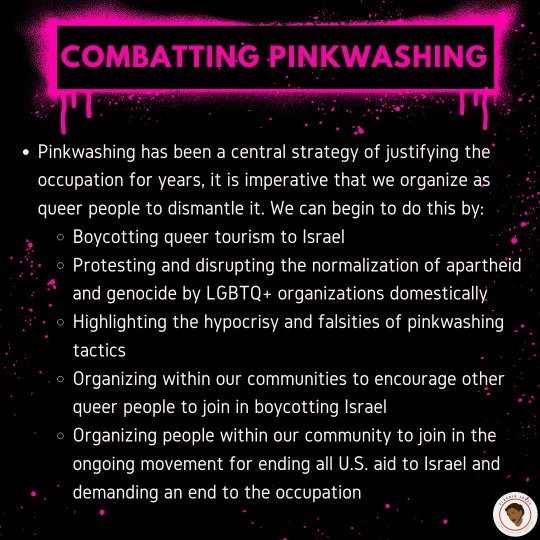

#palestine#gaza#free gaza#free palestine#queer rights#queer liberation#pinkwashing#homonationalism#brand israel#we struggle against all oppression together united#because none of us are free until all of us are free#descriptions in alt text
2K notes
·
View notes
Text
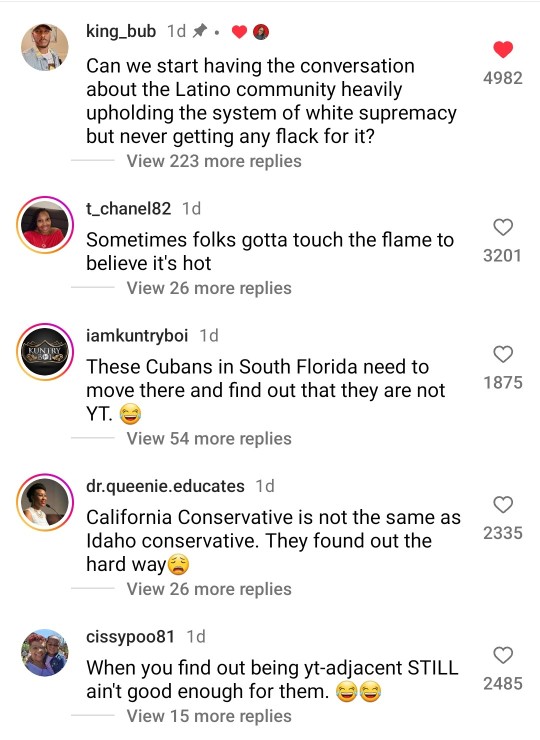

nah nah nah. y'all wanted to be white so bad, stay there with them and EAT THAT RACISM smfh
#california to idaho move#conservative family#difficulties fitting in#judgmental attitudes#gossip#tiktok announcement#return to california#political differences#moving experiences#conservative state challenges#social dynamics#melvin galang#coree ray#blue state return#gem state#conservative politics#family relocation#community acceptance#social judgment#new environment adaptation#idaho move regrets#conservative to liberal shift#fitting in challenges#family relocation issues#conservative community judgment#gossip in small towns#social adaptation struggles#moving back to california#conservative state culture shock#community politics
378 notes
·
View notes
Text
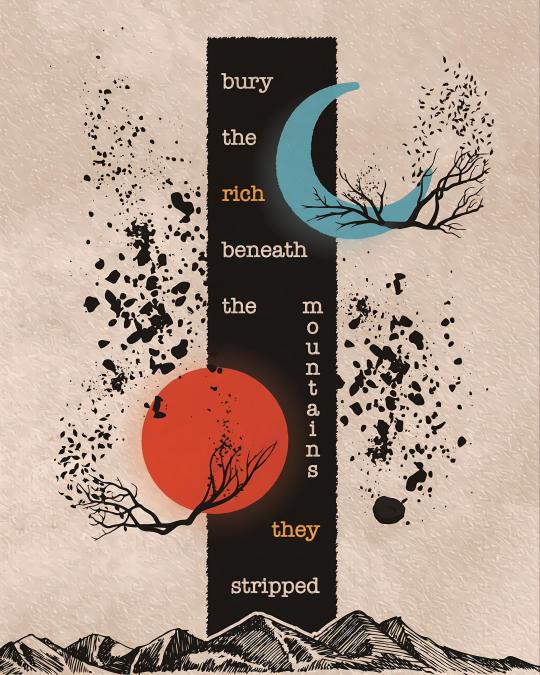
"Bury the rich beneath the mountains they stripped"
Poster by Earth Liberation Studios
545 notes
·
View notes
Text
"During the French revolution, they thought... "During the revolution, they did..."
Wait. Stop. Pause. The French revolution is a thing that lasted 10 years. You cannot give any blanked statement about it as a whole, because there were so many things going on. Things generally common at one point were unheard of in another. To say anything about frev, you must specify these things:
1. When it's happening? (Not just a year; a specific month at least).
2. Where it's happening? (Paris? Near a battlefield? Somewhere else?)
3. Who is saying/doing this? (Different people had very different takes and tried to influence things in different ways).
4. (of course, should come as #0) How do we know/what is the source?
(This is half a joke post and not an instruction on how to interact here, lol. Just a reminder that we can't give blanket statements about revolution as a whole because so many things differed from month to month and place to place and person to person. The more I read about it, the more I realize it.)
#frev#french revolution#i don't even know if there are things to say about frev as a whole#was it a bourgeois revolution#was is a class struggle#was it liberal#was it proto socialist#idk man what year are we talking about and according to which participants
107 notes
·
View notes
Text
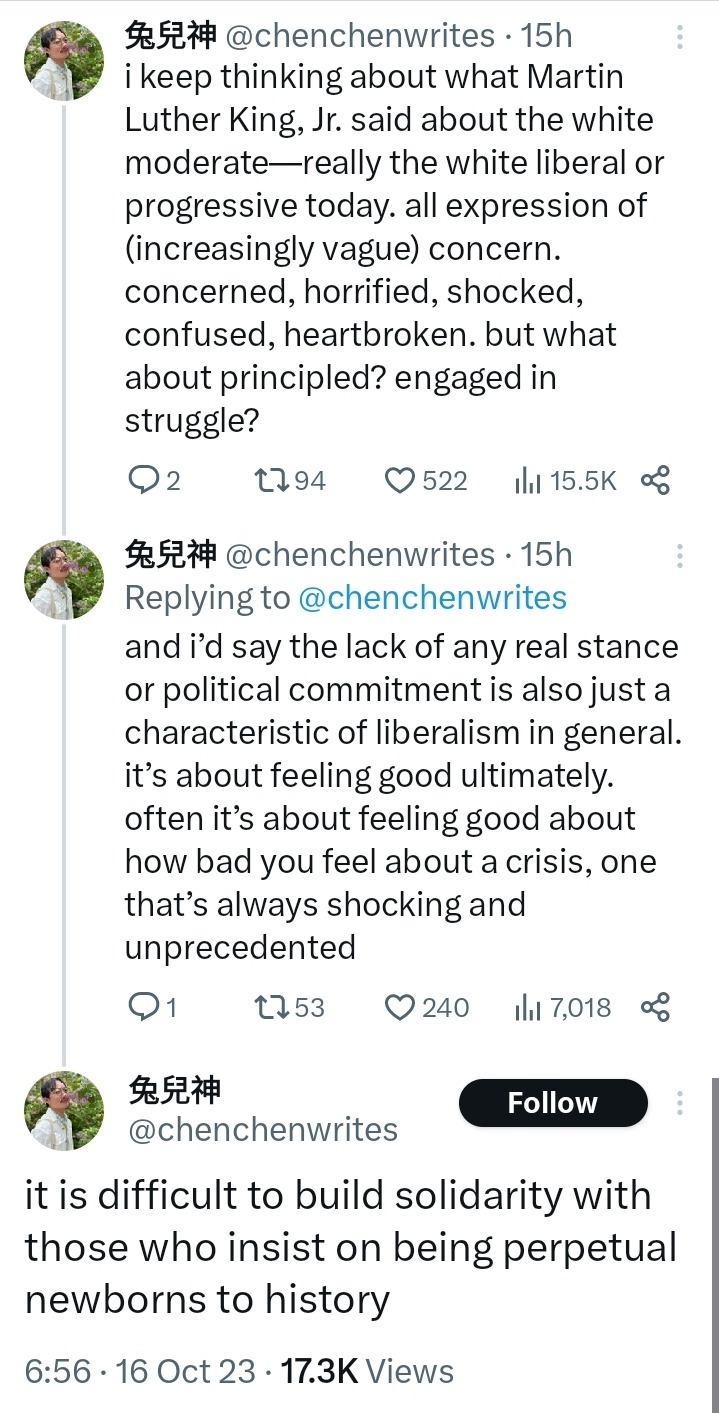
History isn't a disparate collection of stories from long ago. It's the necessary context for the present moment and the forecast for the future. All histories are intertwined, and the narratives of power and privilege, oppression and resistance, adversity and triumph are as constant in their patterns as the laws of physics.
#free palestine#black lives matter#landback#civil rights movement#war on terror#fascism#imperialism#colonization#genocide#colonialism#indigenous sovereignty#climate change#military industrial complex#current events#labour rights#trans genocide#eugenics#this describes literally every political struggle going on right now#and western leftists and liberals are like pikachu face and handwringing every damn time and I AM TIRED#you dont even need to know the entire history of palestine and israel#you just need to understand how colonization and ethnic cleansing and fascism WORKS#you are morally obliged to actively seek education and have a unequivocal stances against violation and annihilation#knee of huss
691 notes
·
View notes
Text
if u wanna learn more about kashmir + it's resistance against indian occupation + kashmiri struggles for an independent state, might i recommend @ kashmirarchive on instagram
+ @ kashmirawareness for news updates on kashmir
#pls add more platforms that share info about kashmir !!!#whether thats pages on tumblr or twitter or ig or just links to archives or resources or books#stuff ppl can use to read up on the liberation struggle in kashmir#free kashmir#just wanna clarify since a lot of ppl esp indians get mad when we demand an end to indian occupation of kashmir#and always bring up pakistani administered kashmir#so just wanna clarify that i believe kashmir belongs to the kashmirirs and they should be given the right to self determination#kashmir does not belong to either india or pakistan both countries only want kashmir for the sake of their own power#resistance#liberation
114 notes
·
View notes
Text
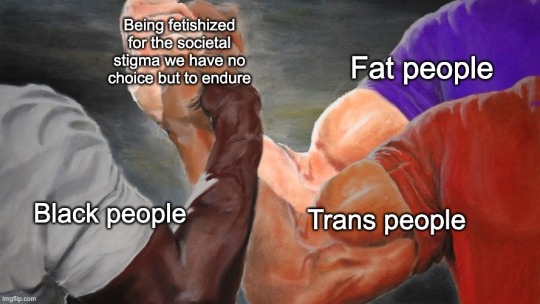
#🤢#and struggling to escape it while existing on the internet#fat liberation#trans rights#fat#transgender#trans rights are human rights#blacklivesmatter#cw racism#cw transphobia#cw fatphobia
101 notes
·
View notes
Photo

Defend the Haitian people's uprising! Stop U.S./U.N. intervention!
Washington Post, 10/15: U.S. backs sending international forces to Haiti, draft proposal says
A draft U.N. resolution, citing instability and violence in Haiti, suggests the Biden administration may be willing to participate in a multinational mission that has a military component
#Haiti#uprising#imperialism#invasion#occupation#United Nations#Black liberation#solidarity#antiwar#protest#Struggle La Lucha
3K notes
·
View notes
Text
There's a reason this site sucks and is so profoundly hateable sometimes.
The reason is that since it's the nerd site (beaten out only by Reddit bc its r/topic function allows people to geek out to the max in one specific subject and build forums), where people dedicate essay-length blog posts to contrast (or compound) each other's interpretation of your favorite fictional characters through the most minute lore analysis possible, going "um actually" with all the casualness allowed by such a free reblog feature. And where is it used most of all? Why, to explain away absurdly mediocre or outright bad stuff like the Star Wars Prequels into being "Secretly Good™️" because let's face it, the alienation of living and working into capitalist society has stunted most of us (mostly us Westerners who get to enjoy the full breadth of consumerism) into needing to preserve their childhood security blankets. Of course, sometimes it's not that. Sometimes it's media analysis that wants to have a point and is actually done with more of a grain of salts. But most times, it is that. And sometimes it's cute, most times it doesn't involve the usual BS of manchild fannish behavior as Reddit does (probably bc there's a lot less cishet men).
But then some people here will apply that same mentality and behavior of politics.
And no, you just can't "um actually" your way of rightly being called a genocide and fascism enabler for supporting Kamala Harris and Tim Walz. Applying character arcs and lore to reality is brainrot. Yes, friend, I know that their hands are tied by the system. They made the choice to try and become top dog in it, nobody was expecting them not to comply in its basest crimes against humanity. But then you twist yourselves into hoops trying to rationalize the crumbs they throw at us to keep us content and not threaten their power, or better yet the system of exploitation they profit from, into actual progress. You try to rationalize them into being "Secretly Good™️" when they are the fullest representation of the banality of evil.
Sure, in doing so, you show more argumentative capabilities than Taylor Swift fans, but let's face it, it's not much of a compliment. All those Swifties, Beehives, Lil Nas X or Charli xcx fans who haven't taken their favorite celeb/artist to task for supporting the genocide, they cheer for these genocidal criminals because they've got far less awareness, and superficial diversity appeals to them. I'm not gonna go into who's more starved for crumbs from the master's table between them and you because it's not useful to this dissection. The actual difference is that they've formed a parasocial relationship with the *person*, with the celebrity, while you've formed a parasocial relationship with the *story*.
And you have to hammer the story into making sense, into being good, don't you? Because deep down, you're more aware. Deep down, you know it's wrong, you know that what's happening is wrong, bur you don't want to bring yourself to believe they've been stringing you along, asking you to be an accomplice. You want to explain your way out of letting this realization settle in, because if it does, then you are an accomplice.
Well you are, until you start doing something about it in the real world. Until you join protests, until you join working-class, anti-capitalist, anti-Zionist organizations fighting to overturn this system and build a better one instead.
And sure, that's a big jump, out of the realm of "permissibility", of "respectability", and it's scary. But maturity is having the courage to do the things that scare you the most, because you've analyzed them and realized that they're the ones that bring about the most material good for you and everybody. And everybody can reach that maturity. You, too, can be brave.
#life advice#material analysis#fuck kamala harris#fuck tim walz#marxism 101#class struggle#anti colonialism#anti liberalism#free palestine#anti capitalism
48 notes
·
View notes
Text


Requested by @narcette, please forgive me for the wait on these!


Cailean. Enoli. Bardou. Conan. Phelan. Conri. Rafe. Raif. Raul. Cuan. Lupe. Loup. Madden. Soma. Vos. Rudy. Kaleb. Lyall. Sirius. Edon. Maugrim. Vastie. Grey. Canid. Ethio. Lytta. Cain. Caleb. Kai. Daug.

Bark barks. Bite bites. Fang fangs. Woof woofs. Ca canine. Bone bones. Cub cubs. Pup pups. Pup puppy's. Puppy puppies. Coy coyote. Claw claws. Can canis. Hound hounds. Fur furs. Grr grr's. Paw paws. 🐾 🐾's. 🦴 🦴's.

He with the sharpest teeth. The fluffiest dog. The cutest puppy. The scruffy one. The (dog bread). Your (personal) companion. Your best friend. His unconditional love. His puppy love.

#✦ liberating rain . . . ( vincent )#✦ Two shots and I need more#✦ Get back and focus again ,( narcette )#i'm sorry these are lazy i am tired#also i struggle... very much... with usernames#so no more usernames gamers#🙏#neoprn#name searching#npt#name inspo#name inspiration#vampire names#name help#name ideas#name suggestions#baby names#name list#pronoun list#pronouns#pronoun suggestions#pronoun ideas#title suggestions#title list#titles#title ideas#theme:#dog#canine
95 notes
·
View notes
Text










#pet shop boys#psb#neil tennant#chris lowe#pethead#synthpop#lgbtq#gifset#edit#will this last forever reminds me of could this dream not last forever in decide i-#i will wait with the nonetheless font#nowhere#the guy glancing nervously at his “friend” and he's unaware of it...#drive to me as in “we live 30 minutes away from each other in the countryside”#escapism as in berlin or kent#the two doors fully open with the feel license plate#i want to think neil's last pet text with the seagulls in the sky was a clue#the yearning pining and longing this music video has.....#nonetheless you'll always have a special place in my heart#this album represents queer liberation both in front of the camera and behind the scenes their team did a wonderful job with this campaign#btw i've known feel was the fourth single for over a month now and the struggle to keep the secret was killing me#thank you neil for telling my friend and thanks to my friend for trusting me with that info#i have a lot of thoughts about this era and the overall promo campaign so i might share them at some point in the future#nonetheless#feel
18 notes
·
View notes
Text
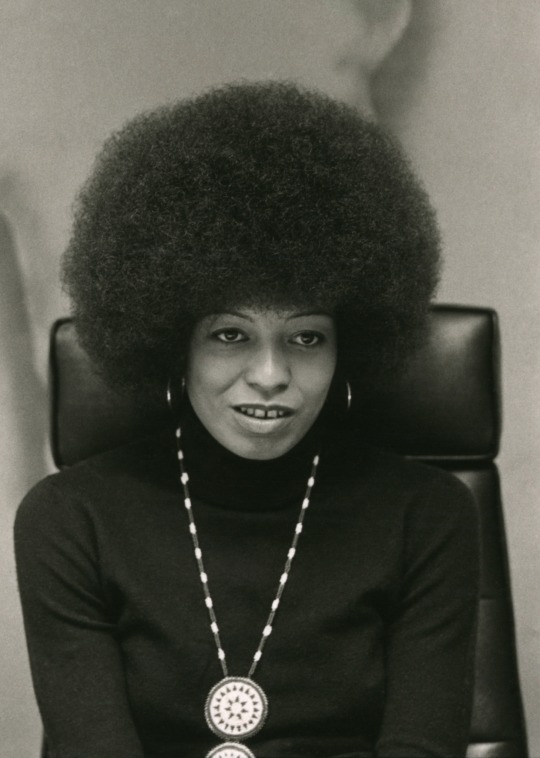
“Whenever you conceptualize social justice struggles, you will always defeat your own purposes if you cannot imagine the people around whom you are struggling as equal partners.”
Angela Davis
104 notes
·
View notes